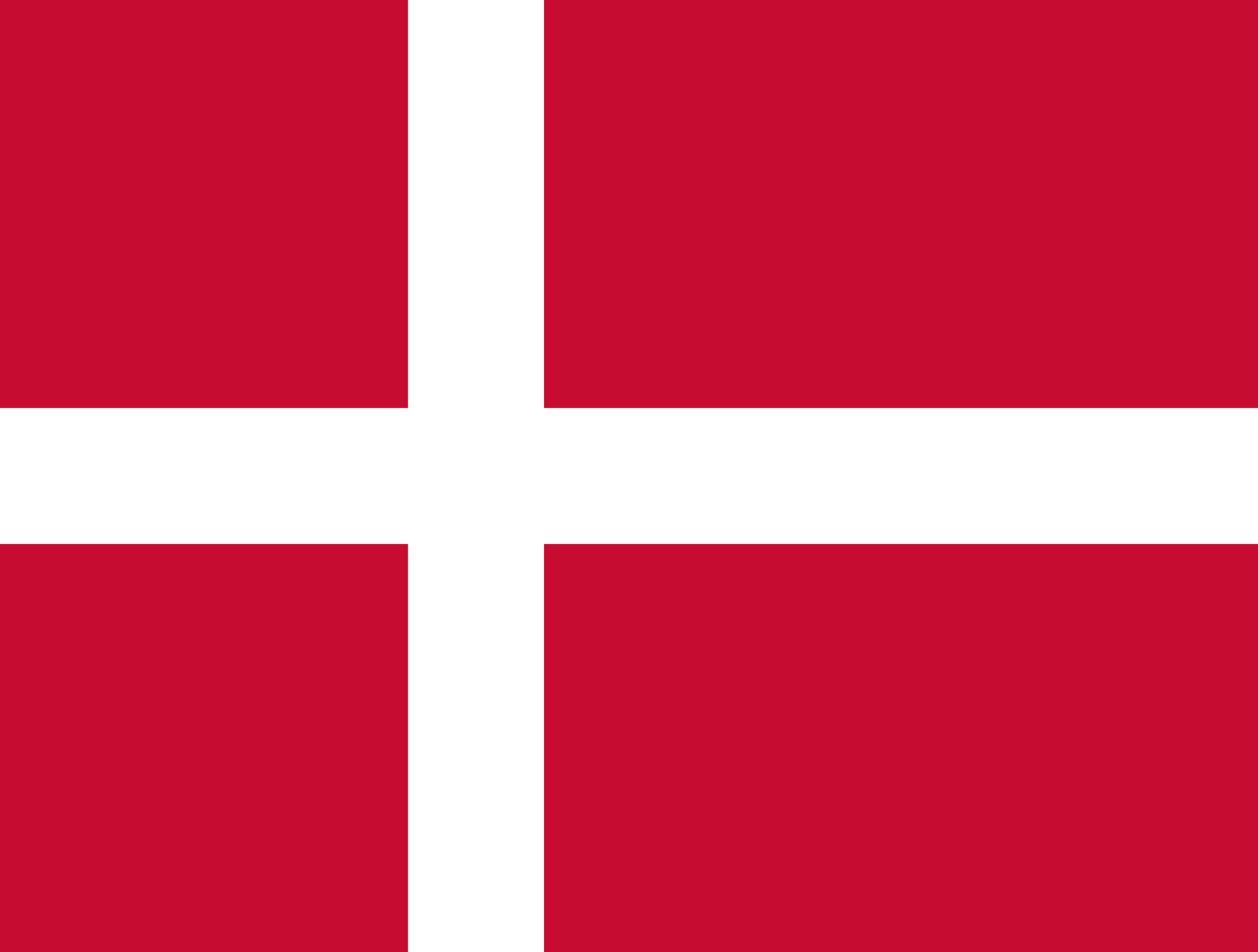Novo Nordisk Foundation supports vulnerable Afghan women
DACAAR has - for the first time - applied to the Novo Nordisk Foundation for a grant and has now received 750,000 DKK to assist female Afghan artisans establishing a business.
By Jan Kjaer
Poor internally displaced Afghan women will be able to make a sustainable and decent income from setting up their own tailoring and embroidery business. This is the aim of the grant from the Novo Nordisk Foundation given to DACAAR for the first time.
The Afghan people are facing not just one but multiple crises: armed conflict, drought, multiple displacements, lack of basic infrastructure, chronic underdevelopment and severe and increasing insecurity regarding food.
“More than half of the Afghan population lives below the national poverty threshold. Women in general and female-headed households, in particular, are at great risk of falling into absolute poverty. The Novo Nordisk Foundation grant enables us to assist vulnerable women so they can support themselves and their families,” says Klaus Løkkegaard, DACAAR’s Head of Secretariat.
Artisans organised into a social enterprise
By the end of the project, 40 vulnerable women will get a proper income from their own tailoring and embroidery business. The 40 women who will participate in this new program are recent graduates from DACAAR’s vocational skills training course funded by Danida.
“This project will further enhance the poor and vulnerable women’s ability to produce traditional and contemporary Afghan dresses and accessories of high quality for both the local and international market. The Novo Nordisk Foundation’s grant will thus build on the solid foundation that donations from DANIDA have helped lay down,” says Klaus Løkkegaard.
DACAAR will organise the women into small production groups and set up a Women Resource Centre as a social enterprise in Kabul, which will be profitable and thus become self-sustainable.
The Centre will help to keep the local ethnic art and craft forms alive, and the project will create livelihoods for its network of female artisans and their families.
Women are disadvantaged in Afghanistan
All of the women participating in the project are either Internally Displaced Persons (IDPs) who have fled their home due to the deteriorated security situation, or they are returning refugees from Pakistan and Iran.
IDPs tend to settle in the outskirts of the bigger cities - particularly in the capital Kabul because it is relatively secure and they are looking for financial opportunities. However, they too often end up settling in areas with very few basic services and economic opportunities.
“Lack of appropriate skills, low literacy rates and lack of assets are major hurdles and limit the ability of these families to earn an income and make ends meet. Women are particularly disadvantaged due to cultural traditions which limit their basic freedom and thereby their ability to earn an income,” says DACAAR’s Deputy Director and Head of Programme.
More income, more power
DACAAR’s Women Resource Centre model has proved to be an effective approach for women to attain greater social empowerment and provide means for stronger economic engagement.
The model has also provided the leverage for increased participation in family decision making as well as in the community and society as a whole.
“Earning an income gives women a voice. And this will result in more decision-making power,” says the Deputy Director and Head of Programme.
Read more about DACAAR’s Women’s Empowerment programme here.
Afghanistan: A humanitarian emergency
Afghanistan is one of the world’s most complex humanitarian emergencies due to ongoing conflicts and deepening poverty. According to the United Nations, 6.3 million people will require humanitarian assistance in 2019. This is almost twice the amount compared to last year. There is no relief in sight neither in the short or medium term.
Contributing to the dire situation is the rising unemployment rate. The International Labor Organization reported in December 2018 that Afghanistan has the largest unemployed workforce in the world ranging between 25 and 30 percent.
In Afghanistan, people continue to move places as a coping mechanism to protect themselves, manage a range of conflicts, and to try and secure a livelihood. According to the Afghanistan Humanitarian Needs Overview there will be at least 1.573.000 people on the move and in need of support in 2019. The majority will be newly Internally Displaced Persons followed by returnees.
Being internally displaced adversely impacts a family’s economic, social and health situation. The head of households loses self-confidence when it is no longer possible to provide a livelihood and carry out traditional handicraft skills.
Women and children may end up begging in the streets, especially in urban centers like in Kabul.
The project
The 40 poor and vulnerable women have already received a six-months tailoring and embroidery training course, tool kits and limited financial support.
The project aims to build on their existing skills and help them to reach - not just a higher level of technical expertise - but also to gain entrepreneurial skills and more advanced literacy and numeracy skills to enable them to tap into Kabul’s complex metropolitan market.
The project is a 12-months initiative and the project model has the potential to be expanded to more than 500 women in the future.
 Danish
Danish